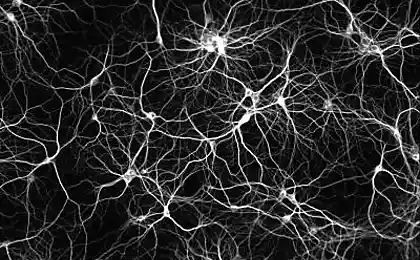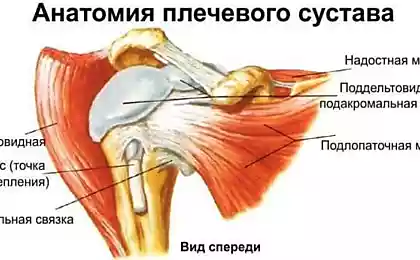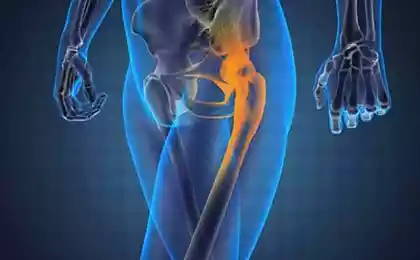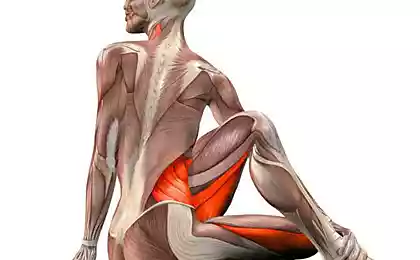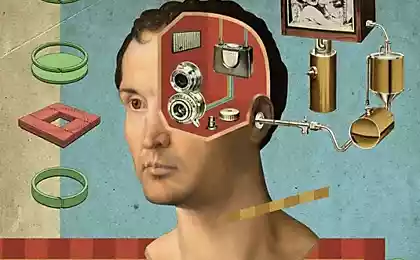1360
Exercises for the memory: it is sometimes better to chew on ...

Good morning rosemary
Scientists have found that scents can greatly affect the cognitive abilities of people. In 2003, psychologists interviewed 144 volunteers to test the effect of fragrances on the long-term, working memory, attention and reaction. Some subjects worked in cabins with no fragrance, others in the cabin with essential oils of rosemary, the rest worked in the pits with the scent of lavender.
As it turned out, "rosemary" cab showed significantly better scores on a long-term and working memory than the cab odorless, "lavender" cabin showed a decline of RAM. In addition, those who were exposed to the smell of rosemary, more vigilant than the group without odor, while participants working in the "lavender" noted a decline in the cockpit alert.
Thoughts about food
Scientists say that good food is one of the major differences between those who cheerfully looks 70 and those who are exhausted in 40.
To keep the memory of youth, scientists recommend eating foods that contain large amounts of antioxidants, such as blueberries, apples, bananas, dark green vegetables, garlic and carrots.
By the way, your brain loves dessert. Studies show that eating chocolate can improve memory, because it is rich in antioxidants.
Sometimes it's better to chew ...
No one knows exactly why, but studies show that chewing gum improves memory. The study conducted in 2002 in the UK have shown that chewing gum zhuyushie much better cope with the long-term tests and short-term memory than people with an empty mouth.
Mind Games
To keep your brain "in the form of" he, like muscles, need exercise. What dumbbells choose? Classic jigsaw puzzle, crossword puzzles, all that challenges your memory and logic. And do not forget about the book!
Sleeping bag
When your eyes are closed, your brain is not disabled. During your sleep, the brain "scroll" memories of the day and combines them for long-term storage. As a result, failure of normal sleep will cause undesired operation "Backup" memory, and new "files" memories, later, will be almost impossible to get.
Walk in the past
Exercise also affect the memory, but also on the overall condition. Do exercises in the morning, do some yoga or at least regularly go out for a walk.
Study, led by Arthur Kramer of the University of Illinois found that elderly people who commit walking for at least 40 minutes a day, slow down the aging process of your brain. Load that gets the heart as a result of "Walkabout", increases the heart rate, thus increasing the blood flow to the brain. Hence, the brain gets more nutrients and oxygen.
Read, walk, and share your memories!








